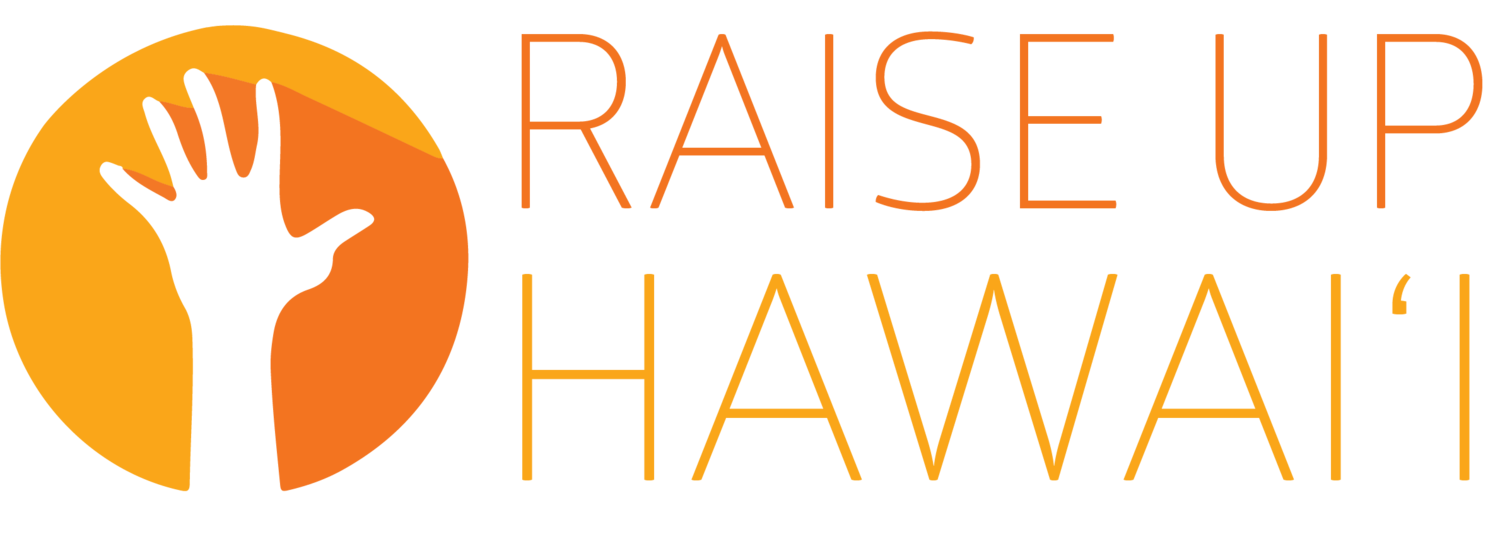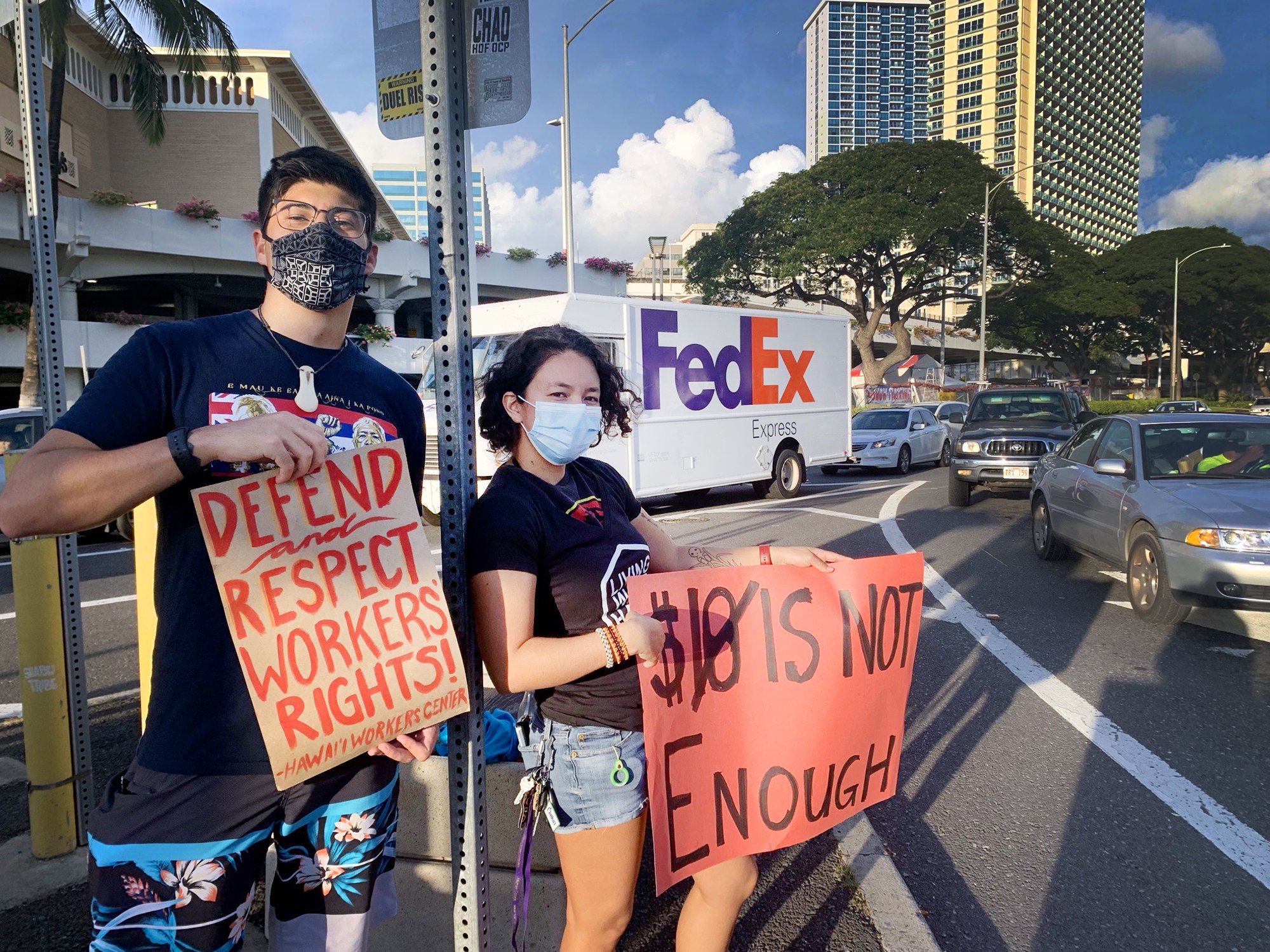Economic recovery should focus on working families
Approximately 175,000 employees don’t have access to paid sick leave in the midst of the COVID-19 crisis, yet legislators held no hearings on bills to expand access to sick days for Hawaiʻi’s workforce.
The Department of Business, Economic Development, and Tourism notes that a survival wage in our state is $17.63 an hour and climbing, but a measure to pass a modest increase in the minimum wage stalled in the state House.
It is time to deliver a living wage to Hawaiʻi’s workers, many of whom serve as essential employees. A 2019 study conducted by the Hawaiʻi Appleseed Center for Law and Economic Justice found that raising the minimum wage would give 269,000 workers roughly $4,356 more in annual earnings, which would be circulated back into the local economy as low-wage workers spend their extra earnings on food, clothing and other essential needs.
Additionally, lawmakers should pass legislation permanently exempting unemployment payments from the state’s income tax. Whether we’re overcoming a public health emergency or enjoying a booming economy, people who have lost their jobs should not face a tax burden for receiving wage insurance as they search for a new source of income.
To pay for the exemption, we should increase income taxes on Hawaii’s highest earners, which would far exceed the revenue derived from income taxes paid by the unemployed, especially as our economic recovery accelerates and unemployment rates return to normal.
Finally, delivering paid sick and family leave is critical in creating a people-oriented economic recovery. Low-income workers are less likely than their more affluent neighbors to receive sick or family leave benefits that allow them to take time off to protect their personal and their families’ health. Employees frequently lose their jobs or are disciplined for taking leave to care for themselves or their loved ones.
Paid sick and family leave programs benefit both employers and employees, resulting in reduced worker turnover and lower training costs. They also alleviate the problem of 'presentee-ism,' or employees coming to work with illnesses that reduce their productivity and put the community at risk of contagion.
It’s easy to become cynical about the prospects for replacing the status quo with a commitment to workers’ well-being. Earlier this month, 20 labor organizations asked state representatives to take action on measures that would have provided relief to struggling families only to have their request rebuffed by political inertia.
Yet their plea did not go unheard. To the working families of our state, we hear you. And we invite our colleagues to join us in crafting an economy that puts people before profit and generates prosperity for all who call Hawai'i home.







